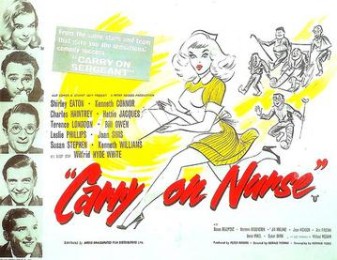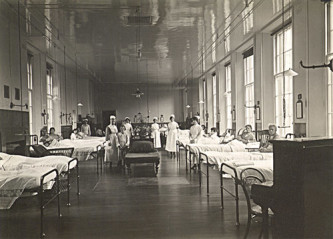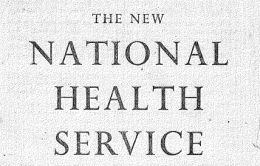 After the WannaCry disaster, the NHS wants a cybersecurity partner to create a security operations centre (SOC), in a deal set to be worth £20 million.
After the WannaCry disaster, the NHS wants a cybersecurity partner to create a security operations centre (SOC), in a deal set to be worth £20 million.
A contract notice, published by NHS Digital shows plans to select a “strategic partner” that will develop and support the SOC for three years.
In a statement, NHS Digital said the agreement would provide “enhanced monitoring of national services” and also bolster the NHS’ ethical hacking capabilities.
Dan Taylor, head of the digital security centre at NHS Digital, said: “The partnership will provide access to extra specialist resources during peak periods and enable the team which would proactively monitor the web for security threats and emerging vulnerabilities.
“It will also allow us to improve our current capabilities in ethical hacking, vulnerability testing and the forensic analysis of malicious software, and will improve our ability to anticipate future vulnerabilities while supporting health and care in remediating current known threats.
“By creating a national, near-real-time monitoring and alerting service that covers the whole health and care system, the SOC will drive economies of scale, giving health and care organisations additional intelligence and support services that they might not otherwise be able to access.”
NHS Digital will invite five or six suppliers to tender for the contract, with the deadline for suppliers to express interest set for 20 December.
NHS Digital expects to invite potential suppliers to tender on 15 January next year.
The NHS had a rough time after the network was taken down by the WannaCry virus which was blamed on the outdated and unsupported operating systems used by NHS organisations.











